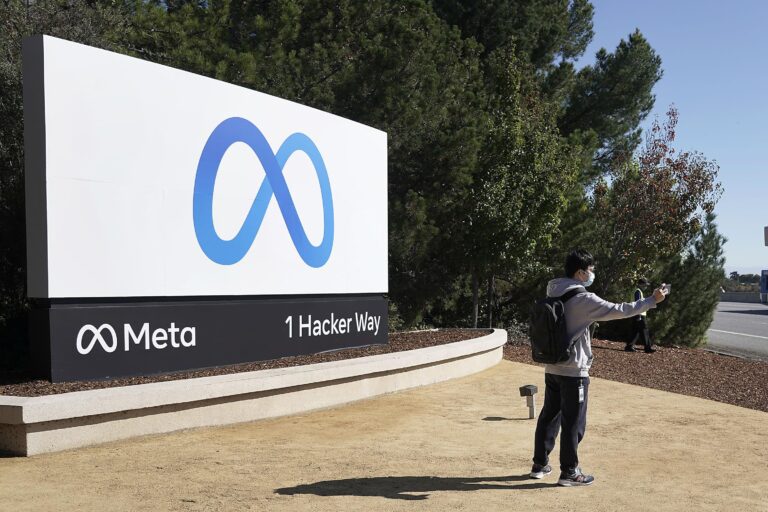Danger has been a superb acquisition for Microsoft.
- Microsoft’s acquisition of Danger (11th February 2008) has been described as a classic M&A failure with some $400m going up in smoke but I have long believed that it was the patents that Microsoft was after.
- The business and the people have long since withered away but the patents live on and live strong.
- These have been used to great effect allowing Microsoft to be a thorn in the side of anyone who makes an Android device.
- Danger was the company that made the T-Mobile Sidekick and offered the supporting service.
- It was the first device and service to really use the cloud and to create an App Store.
- In its day it proved popular with teenagers and celebrities.
- The system was based on Java and when founder Andy Rubin left in 2003 to create the company Android he took the ideas of Danger with him but critically not the patents.
- Like all engineers creating product, patent infringement is an afterthought and so he created Android to the best of his abilities.
- The result is that many aspects of Android are very similar to the old Danger system for which Microsoft now holds all the patents.
- I think that Microsoft has been exceptionally clever in its use of these patents.
- It could have blundered in and made Android prohibitively expensive for everyone trying to make devices but instead it has used these patents to ensure on-going support for Windows Phone and on-going licence fees.
- The question is often asked why do the likes of Samsung, LGE, HTC and so on persist in making Windows Phone when they ship virtually no volumes and appear to still pay $16 per unit to Microsoft for the privilege?
- I love long suspected that the answer is that by staying on as a Windows Phone licensee, they are able to get much cheaper access to the Danger patents that they need to ship Android.
- This is doubly clever, as it allows Microsoft to seemly go on charging a royalty for its Windows Phone software when the rest of the software for mobile world has long been free.
- If Windows Phone were to become free, then the next stop would be Windows for PC and one can see how the whole house of cards could be threatened.
- In reality, Android is not really free either because of the work that is needed to get from the source code distribution to a working product but that is another story.
- 20 licence deals have been signed so far of which the latest is Foxconn / Hon Hai and there are certainly more to come.
- In this way, Microsoft is in a good position to keep its hopes in mobile alive outside of Nokia.
- This ensures that the whole industry is ready to make devices en mass should Microsoft pull its finger out and really make users love its Windows 8 ecosystem.









Blog Comments
tatilsever
April 18, 2013 at 9:06 pm
If the WP license fees are really around $16 per phone, this would be a classic good news, bad news story. The rumor is that MS charges $10 to $15 in royalty payments per Android handset, in addition to what Nokia is going after. In other words, even though Android OS costs are the same or more, OEMs are pushing Android much more forcefully. Of course, if profits are what really matter, high margins from royalties in a booming field is great news, but if what MS craves most is influence (if not dominance) in that booming field, it is horrible.
windsorr
April 19, 2013 at 12:26 pm
You see how that works…get them to pay the royalty for Windows Phone and let them off the $10-15 it was seeking for Android. Thats a great deal for handset makers making mostly android. Shoudl Windows phone take off they wont mind payin the royality becase of the good deal they have had in the past!. If MSFT really received that royalty in cash for every adroid handset shipped you would see it in the MSFT’s numbers. You dont so I suspect that there is a deal going on behind the scenes.
tatilsever
April 19, 2013 at 8:08 pm
I have to admit I did not look at MS financial statements all that closely, but doesn’t it combine WP, Xbox and Internet services into one division? With the endless losses of the internet division, costs of the new Xbox development, it might be able to hide a billion dollars of extra income in there. If some of the patents were assigned to enterprise division, some of the royalties could be listed under that division, too. However, I agree it must be offering some discounts for supporting WP. This may explain why OEMs settled so fast with MS, but some are still dragging it out with Nokia.
windsorr
April 21, 2013 at 12:03 pm
Agree completely….the fight would have been much harder without a carrot despite MSFT havin them banged to rights.
Microsoft and HTC – Lip service | Radio Free Mobile
October 7, 2013 at 11:08 am
[…] The piece that I believe that everyone is missing is the fact that Microsoft owns a large number of patents that are essential to Android. (see here). […]
Windows Phone – No hero in zero | Radio Free Mobile
March 14, 2014 at 9:54 am
[…] First: Microsoft owns some fundamental patents on Android Open Source Project (AOSP). (see here). […]